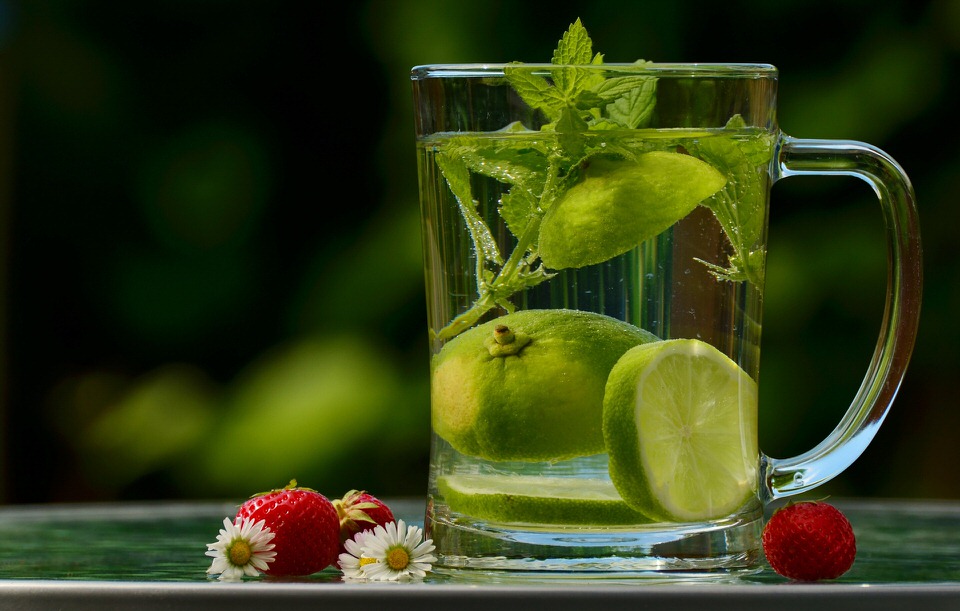Ayurveda, also called the science of life, is an exceptional medical system that provides useful knowledge on how to prevent and treat illnesses. Immunity plays a vital role in preventing diseases, and Ayurveda extensively covers this topic, explaining its connection with diet and lifestyle habits.
Immunity – Vyadhi Kshamatwa
In Ayurveda, the term for immunity is Vyadhi Kshamatwa. This refers to the body’s ability to resist diseases. According to Acharya Chakrapani Dutta in the Ayurvedic text Charaka Samhita, Vyadhi Kshamatwa includes the body’s ability to overcome existing diseases and prevent future ones.
When it comes to “immunity”, Western medicine has a limited perspective compared to Ayurvedic medicine. While Western medicine mainly concentrates on the body’s protection against diseases and pathogens, Ayurvedic medicine takes into account mental and emotional factors, lifestyle choices, and environmental influences that contribute to overall health and wellness. This broader approach recognises that immunity is not only about staying healthy but also about developing strength and liveliness in all areas of life.
Immunity in Ayurveda
Branches that talk about immunity
In Ayurveda, immuno-modulation plays a crucial role in treatment protocols. Rasayana chikitsa, also known as Rejuvenation therapy, focuses on disease prevention and promoting longevity. Swastha Vritta is a branch of Ayurveda that emphasises healthy lifestyle practices, including daily recommendations for diet and activities that contribute to a disease-free life. Both of these branches prioritise immunity as a critical aspect of overall health.
Understanding Immunity
To understand immunity in Ayurveda, it’s important to have knowledge of specific concepts. Two such concepts are Bala and Ojas, referred to as ‘Vyadhi Kshamatwa’ in ancient texts. Bala represents an individual’s innate strength that determines their immunity, while Ojas is the essential element of dhatus or the fundamental core of tissue transformation.
The Bala or strength is classified into three types, and they are:
- Sahaja is present at the time of birth
- Kalaja bala, influenced by age or seasons
- Yukthikrita, the acquired strength developed by the practice of a healthy diet and lifestyle
The three types of Bala or strength have a close correlation with immunity. While Sahaja provides active immunity, Yukthikrita and kalaja provide passive immunity.
Factors contributing to immunity
According to Ayurveda, certain factors contribute to immunity, and it is beneficial to know these factors. These factors are also called factors that enhance Bala or strength.
They are:
- Place of birth
- Time and season
- The qualities of sperm & ovum at the time of fertilisation
- Mental constitution
- Physical constitution- Kapha constitution has good Immune responses
- Nutrient-rich food
- Proper physical activity
- Positive attitude
Immune boosters
As can be seen, various factors impact the immunity a person is born with. Further, immunity keeps varying due to several other factors, such as age, season, diet and lifestyle.
Interestingly, Ayurveda found ways to improve immunity, including immune-boosting herbs. Ayurvedic literature provides valuable information about different herbal immune boosters. Several of the herbs recommended by Ayurveda have also been scientifically shown to enhance the immune system. A few such herbs are:
- Ashwagandha– Withania somnifera
- Shilajathu
- Tulasi– Ocimum sanctum
- Amalaki– Emblica officinalis
- Pippali- Piper longum
- Guduchi- Tinospora cordifolia
Qualities of a diet that enhances immunity
Following the right diet is another recommended Ayurvedic way to enhance immunity. Such a diet boosts tissue growth and improves the potency of dhathu for immune protection.
The following are a few foods advised by Ayurveda for improving immunity.
- Foods that possess sweet, unctuous, and nourishing qualities are considered immune promoters, such as milk, honey, jaggery, butter, and ghee.
- Fruits such as grapes, gooseberries, oranges, and custard apples are strong immune boosters as they contain antioxidants and Vitamin C.
- Certain practices, such as consuming ‘honey & ghee in unequal quantities’ or ‘milk, honey, and ghee combined’ or ‘water, honey, ghee, and milk combined’, may prevent premature ageing
- Ayurveda also recommends taking the Ayurvedic formulation Triphala with honey in various contexts of treatment.
Ayurveda literature also contains several formulations, such as Chyavanaprasha, Narasimha Rasayana, and Agastya Rasayana, that are highly effective in promoting immunity.
To conclude,
In Ayurveda, a balanced state of health with adequate immunity is achieved when the three doshas (functional entities of the body) and dhathus (tissues that transform into Ojas, metabolic waste, senses, and mind) are in equilibrium. Whether the goal is to cure an existing disease or maintain overall wellness, it’s essential to bring the doshas into balance. Ayurveda accomplishes this by prescribing the appropriate diet and medication based on the individual’s strength and specific ailment.
References:
- Charaka Samhitha- Sutra sthana, 28/1
- Astanga Hridayam
- International Journal of Ayurveda & Alternative medicine, volume 1, 2013
- NCBI, Vol-19. The Concept and Practice of Immunomodulation in Ayurveda and the Role of Rasayanas as Immunomodulator by Dr. J.S. Tripathi & Prof. R.H. Singh
Edited by love4wellness
